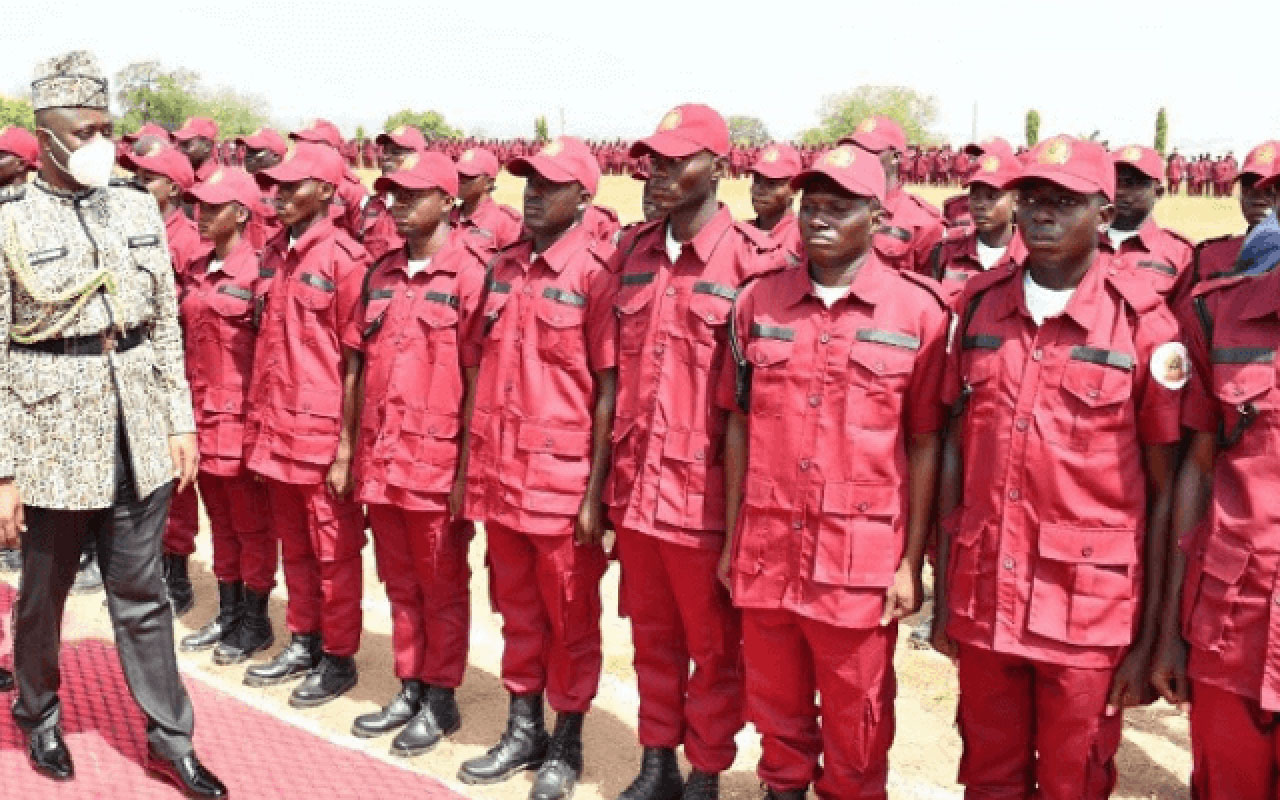
I commend the United Arab Emirates in its legal fight against sponsors of Boko Haram in Nigeria. UAE is the first country to openly support Nigeria with legal instruments in its fight against Boko Haram. I want to appeal to super power countries to emulate UAE action against Boko Haram. The country (UAE) has deployed one of the 19 international legal instruments to prevent terrorist acts. Since 1963, the international community has formulated 19 international legal instruments to prevent terrorist acts.
An Abu Dhabi Federal Court of Appeal in the United Arab Emirates (UAE) convicted six Nigerians over alleged funding of Boko Haram. I commend UAE in its diplomatic and legal efforts to put an end to Boko Haram terrorist group activities in Nigeria, and for having launched an investigation into the funding of Boko Haram, and I encourage other countries also to investigate the financing and conduct of Boko Haram across West Africa. UAE has taken a giant step in the fight against Boko Haram.
The conviction was upheld by the appellate court after they lost an earlier appeal at a lower court. The story detailed how an Abu Dhabi Appeal Court upheld conviction of some Nigerians for allegedly supplying almost N300m to fund Boko Haram. The convicts, according to the court, allegedly used bureau de change operations to send $782,000 to Boko Haram in 17 separate transfers from Dubai to Nigeria between 2015 and 2016.
Daily Trust newspaper reported that Surajo Abubakar Muhammad and Saleh Yusuf Adamu were sentenced to life imprisonment. The rest, Ibrahim Ali Alhassan, AbdurRahman Ado Musa, Bashir Ali Yusuf and Muhammad Ibrahim Isa, got ten-year imprisonment each. Court documents show that between 2015 and 2016, the convicts were involved in cash transfers totalling $782,000.00 to Boko Haram. According to Daily Trust:
“Two of the convicts, Surajo Abubakar Muhammad and Saleh Yusuf Adamu were sentenced to life imprisonment; while the remaining four, Ibrahim Ali Alhassan, AbdurRahman Ado Musa, Bashir Ali Yusuf, and Muhammad Ibrahim Isa were handed ten-year imprisonment respectively, According to the judgment, all the accused were charged with funding a terror group (Boko Haram) by facilitating transfers of money from Dubai to Nigeria for alleged terror operations.
“Engaging in such an activity is a crime under Article 29, Clause 3 of UAE’s Federal Law No 7 of 2017 with regards to anti-terrorism law, documents seen by this paper showed.”
Also revealed was that Boko Haram uses undercover agents to facilitate its funding, the agents are based in Nigeria. “One of them, Alhaji Sa’idu, who is allegedly based in Nigeria and said to be a senior undercover Boko Haram member responsible for facilitating the group’s access to funds from its sponsors”.
“Also fingered in some of the transitions is one Alhaji Ashiru, said to be a Nigerian government official and a senior undercover Boko Haram member, who facilitated the transfer of misappropriated public funds to the group. The Attorney General and Minister of Justice, Abubakar Malami, said Nigeria is aware of the convictions and has written to the UAE to know who was involved.
In a 2015 survey of academic, governmental and journalistic accounts, it was reported that Boko Haram funds its escalating acts of terror through black market dealings, local and international benefactors, and links to al-Qaeda and other well-funded groups in the Middle East, such as ISIS – the most dangerous fundamental group in the world today.
In 2016 Boko Haram started a form of microfinance by providing or promising capital and loans to young entrepreneurs and business owners in northeast Nigeria, as a ploy to get them to join the group. According to aid agency – Mercy Corps, Boko Haram was exploiting the poverty facing most small business owners from butchers and beauticians to tailors and traders, to get them to accept the loans in exchange for joining Boko Haram.
Tracing terrorism funding is a problem globally and also a problem in Nigeria. The reports from the UAE show that terrorist groups work with some government agencies to hide from suspicion. The report also revealed Boko Haram has their money laundered through Bureau de Changes. This should lead to tighter currency transfer regulations from the CBN and demands for more transparency into dealings and the sources of funds.
Criminal justice systems have approached these challenges differently, depending on their legal tradition, their level of development, their relative institutional sophistication and their own cultural circumstances. In some instances, a perceived urgent need to respond to a specific threat has led States to improvise new criminal justice approaches, which risk contravening recognized international human rights instruments and normative standards. Furthermore, there is scope for strengthening the capacity and effectiveness of national legal and criminal justice systems in many States to cooperate at the international level with a variety of rule of law-based counter-terrorism initiatives. This has resulted in additional stress being placed on the already limited capacity of many criminal justice systems and has perhaps weakened or compromised their ability to function within basic rule of law and human rights principles.
Donald wrote via [email protected]






